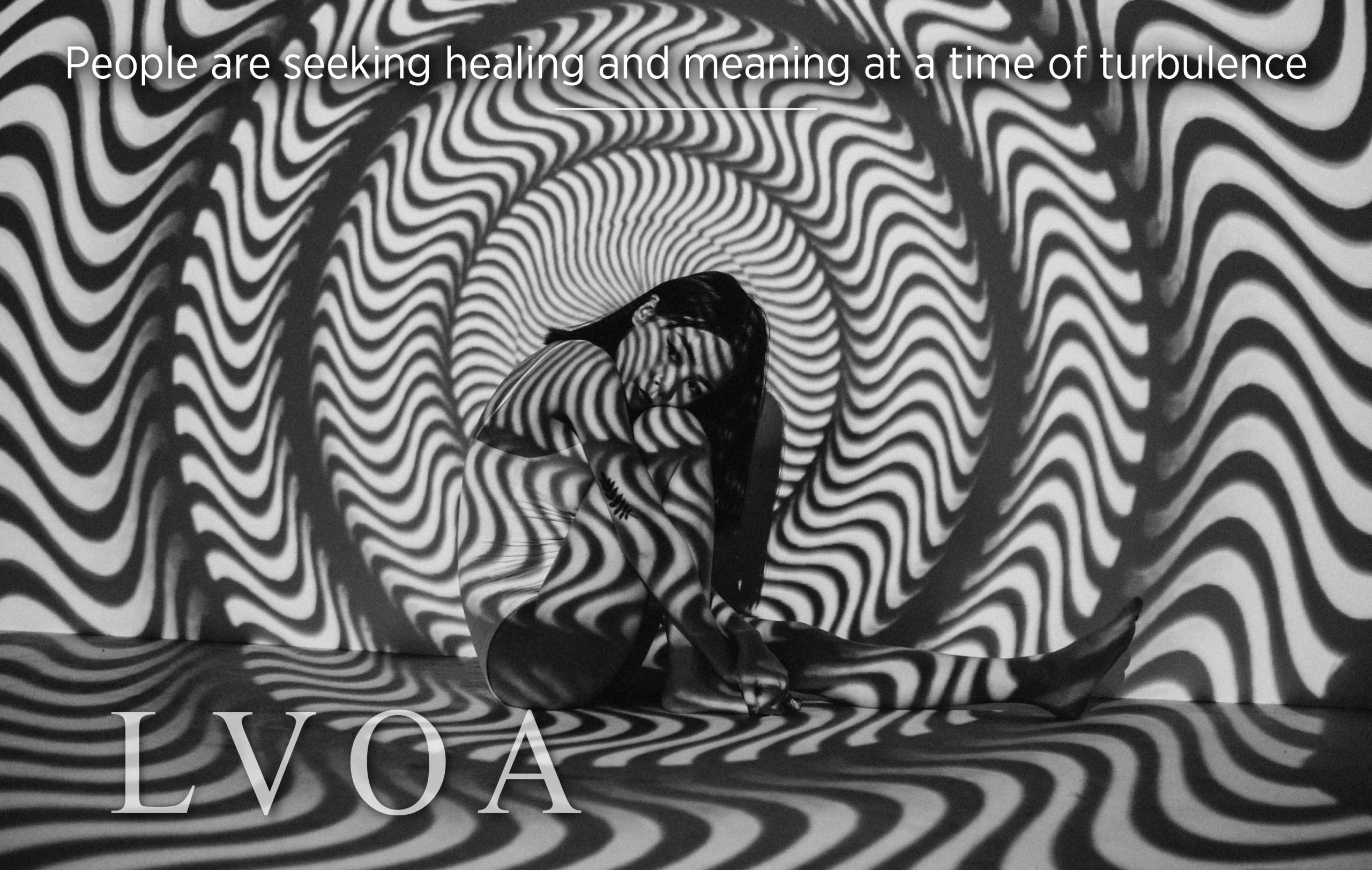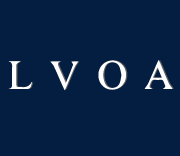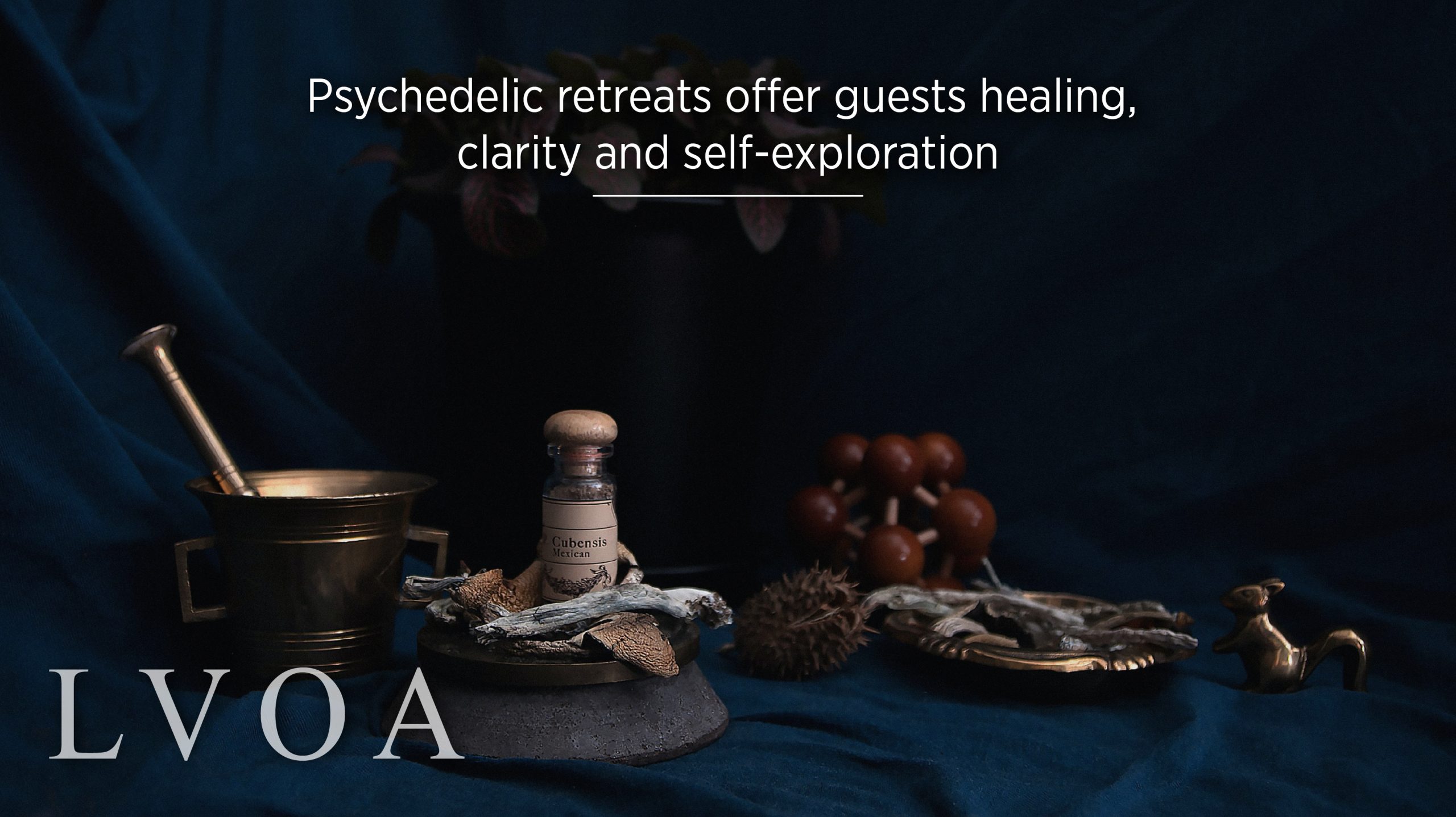Psychedelic retreats are on the rise, offering guests life-changing transformations, from healing to clarity to self-exploration, through psychedelic experiences.
This newfound popularity is partly credited to the book How to Change Your Mind by Michael Pollan, which explores new research into psychedelics and their medicinal properties. Many psychedelic retreat attendees attribute the book’s influence to their decision to book a retreat.
Here, we’ll explore four of the most popular psychedelics used at psychedelic retreats in various parts of the world, acknowledge the dangers of psychedelic usage, and discuss how this new phenomenon fits into the wellness industry.
Ayahuasca
Ayahuasca is a pan-Amazonian psychoactive brew made from ayahuasca and chacruna plants. Traditionally, it was used as a ceremonial spiritual medicine by indigenous peoples of the Amazon basin. When consumed in tea form, ayahuasca alters consciousness and can cause hallucinations.
Today, it’s used at psychedelic retreats in Central and South America, particularly Costa Rica, though ayahuasca ceremonies have recently started popping up in the United States and Europe.
Ayahuasca is said to activate repressed memories, help process traumatic events, and allow imbibers to come to a new understanding of their past – neuroscientists are studying ayahuasca as a treatment for depression and PTSD.
Soltara Healing Center in the Gulf of Nicoya, Costa Rica, is a psychedelic plant medicine retreat that offers experiences with ayahuasca, which are focused around emotional, energetic and spiritual healing. These experiences are rooted in the indigenous cosmology and tradition of the Shipibo and guests work one-on-one with Shipibo master healers during the ayahuasca ceremonies. Other activities integrated into the stay include yoga, journaling, nature immersion and community events. Trauma expert Gabor Mate and psychedelic research pioneer Dennis McKenna are both associated with the retreat.
Ibogaine
Ibogaine is a natural psychoactive substance found within plants of the Apocynaceae family, native to Central Africa and the Amazon, which has psychedelic and dissociative properties. It is used as an alternative medicine treatment for drug addiction, as well as a means of facilitating psychological introspection.
The Pygmy and Bwiti tribes of Central Africa were the first peoples to discover the psychoactivity of the root bark of the iboga tree. When French explorers were introduced to ibogaine at the turn of the 20th century, they brought it back to Europe and marketed the substance as a stimulant called Lambarène.
Most psychedelic retreats offering use of ibogaine are located in Mexico, where the sacramental use of psychedelics is legal. Cancún’s Clear Sky Recovery is a residential facility that specializes in ibogaine-assisted drug detox. This clinical approach to psychedelic retreats is provided by Dr. Alberto Sola, who was trained by ibogaine research pioneer Deborah Mash.
Treatments are tailored to patients and monitored by medical doctors, clinical psychologists and registered nurses. The stay includes diagnostic pretreatment protocols, a flood dose of ibogaine hydrochloride that interrupts opioid withdrawal symptoms, followed by processing and integration work, as well as post-treatment aftercare.
Psilocybin
Better known as “magic mushrooms,” psilocybin is a natural psychedelic prodrug compound found in more than 200 species of fungi, which has mind-altering effects similar to those of LSD. Consumers can experience euphoria, a distorted sense of time, changes in perception, visual and mental hallucinations, as well as spiritual awakenings.
The human usage of psilocybin predates recorded history, as evidenced in prehistoric murals found in modern-day Spain and Algeria that depict the ingestion and effects of psilocybin. Restrictive drug laws introduced in the late 1960s curbed scientific research into psilocybin and other hallucinogens, but its popularity continued to grow, largely because the mushrooms are so easy to cultivate.
Silo Wellness is a well-known chain of psychedelic retreats that deals in psilocybin. Founded in Oregon, the brand has expanded to Canada and Jamaica. At Silo Wellness’ Jamaica’s Montego Bay resort, participants take psilocybin mushrooms at nightly ceremonies led by local Rastafarians. Silo Wellness also has a multi-year licensing agreement with the family of Bob Marley to brand, market and sell psychedelic mushrooms using the name Marley One.
In the Netherlands, psychedelic mushrooms are illegal but a legal loophole has kept psychedelic truffles above board. Synthesis, located a half-hour outside of Amsterdam, offers three- to five-day residential retreats for psychedelic therapy, which involve “magic truffle” ceremonies.

Ketamine
Ketamine is a generic medication that induces dissociative anesthesia, a trance-like state that provides pain relief, sedation and amnesia. As it preserves airways and breathing, as well stimulated heart function, it was extensively used for surgical anaesthesia in the Vietnam War.
At lower doses, ketamine can help treat pain and treatment-resistant depression, and is also used as a recreational drug. Nicknamed “Special K,” ketamine’s hallucinogenic and dissociative effects can be experienced from both its powder and liquid forms.
There are multiple treatments centers throughout the United States that offer ketamine-assisted therapy for healing from trauma and treatment of depression,
Dangers of psychedelics
Although the wellness industry has been embracing the newfound demand for psychedelic retreats, it should be duly noted that there are severe dangers associated with these substances.
Firstly, psychedelics can cause psychosis or long-term mental health issues, particularly in patients with a predisposition to mental illness. This can be a tricky balance for those with existing mental health issues who are looking to psychedelics as a treatment or solution. There have been cases where attendees of psychedelic retreats have had bad reactions, resulting in suicide and homicide.
What’s more, psychedelics can put participants in very vulnerable states. There have been reports of women being molested by shamans during their psychedelic experiences.
Psychedelic tourism and the wellness industry
As with the rise of cannabis tourism, it’s somewhat unsurprising that a global pandemic has shifted people’s perceptions of what is medicinal and what is recreational. People are seeking healing and meaning at a time of turbulence, and the wellness industry is well-poised to provide for that.
However, unlike other wellness trends of the moment that are blurring lines between the clinical and the holistic, psychedelics pose severe risks and must be treated with caution. Those managing and attending psychedelic retreats must do their research, screen guests thoroughly and work with experts in order to provide the safe transformative experiences that psychedelic tourists seek.







